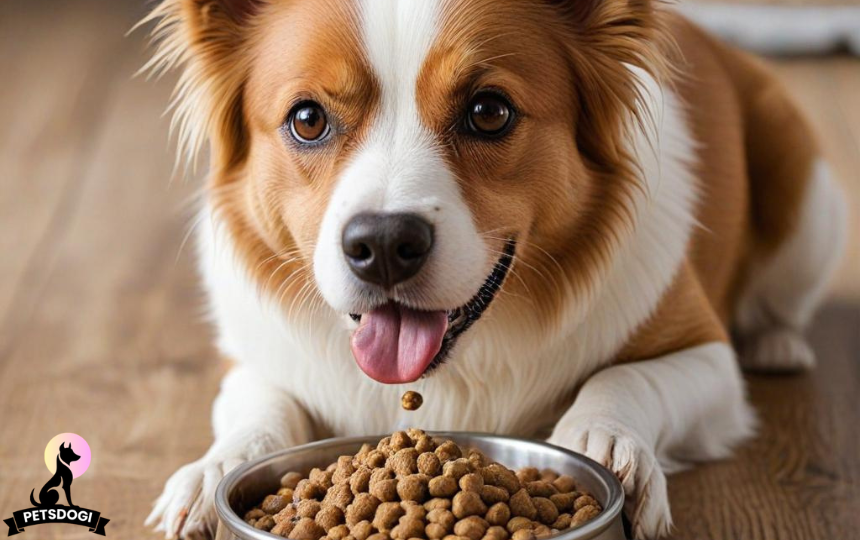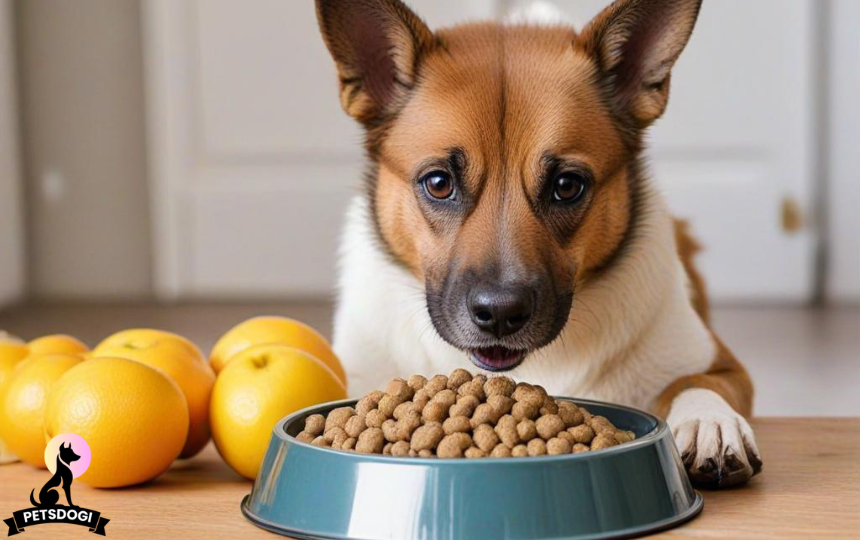The best dog food options for small breed dogs. As owners of these adorable little pups, it is important for us to understand their unique nutritional needs and provide them with the best nourishment possible. we will cover key factors to consider when choosing dog food for small breeds, top ingredients to look for in their diet, the importance of portion sizes, and feeding tips and tricks for picky eaters. Additionally, we will also explore special dietary requirements for specific small breeds and weigh the pros and cons of homemade versus commercial dog foods. So let’s dive in and ensure that our furry companions are getting the best nutrition they deserve!
Introduction: Understanding The Nutritional Needs Of Small Breed Dogs
Small breed dogs have unique nutritional needs that differ from large breeds. As pet owners, it is important to understand these specific requirements in order to provide our furry companions with the best care possible. From their smaller size and faster metabolism, to potential dental issues and sensitive stomachs, small breed dogs require a carefully balanced diet tailored to their individual needs. In this blog post, we will be exploring the top picks for nourishing your small pup with the best dog food for small breeds. By understanding the nutritional needs of your small dog, you can make informed decisions when it comes to choosing the right food for them. Let’s dive in!
Key Factors To Consider When Choosing Dog Food For Small Breeds
When it comes to choosing the best dog food for small breeds, there are a few key factors that need to be considered in order to ensure your furry friend is getting the proper nutrition and support they need. First and foremost, the size of your pup plays a crucial role in selecting the right food as their nutritional needs differ from larger breeds. It’s important to choose a formula that is specifically designed for small breeds, taking into account their metabolism, digestive system, and weight maintenance. Additionally, ingredients such as high-quality proteins, healthy fats, and essential vitamins and minerals should be prioritized. It’s also important to consult with your veterinarian to determine any specific dietary requirements or sensitivities your small breed may have. By carefully considering these factors when choosing dog food for small breeds, you can ensure that your pup receives optimal nutrition for a happy and healthy life.
Top Ingredients To Look For In Dog Food For Small Breeds
When choosing the best dog food for small breeds, it’s important to look for certain ingredients that will provide your furry friend with the necessary nutrients and energy to thrive. One of the top ingredients to look for is high-quality protein sources such as chicken, beef, or fish. Small breed dogs have higher metabolism and need more protein to maintain their muscle mass. Additionally, check for healthy fat sources like salmon oil or flaxseed which can help promote a shiny coat and aid in digestion. Carbohydrates from whole grains like brown rice and sweet potatoes are also beneficial, providing slow-releasing energy throughout the day. Finally, make sure the food contains essential vitamins and minerals like vitamin A, B complex, calcium, and phosphorus to support your pup’s overall health. By incorporating these top ingredients into your small breed dog’s diet, you can ensure they are getting the nourishment they need to live a happy and healthy life.
The Importance Of Proper Portion Sizes For Small Breed Dogs

Proper portion sizes are essential for maintaining the health and well-being of small breed dogs. While they may be cute and compact, these pups have unique nutritional needs that differ from their larger counterparts. Feeding them too much can lead to obesity and various health problems such as joint issues, diabetes, and heart disease. On the other hand, not providing enough food can result in malnutrition and vitamin deficiencies. It is important to carefully measure out portions based on the specific guidelines for your dog’s breed and weight. This will ensure that they are receiving the right balance of nutrients for optimal growth, energy levels, and overall health. Remember, every small pup is different, so it’s crucial to consult with a veterinarian or do thorough research before deciding on the best dog food for your furry friend’s individual needs.
Our Top Picks: Reviews And Recommendations For The Best Dog Food Brands
When it comes to finding the best dog food for small breeds, there are countless options available on the market. However, not all of them are created equal. That’s why we have compiled a list of our top picks for nourishing your beloved small pup. Our team of experts has carefully researched and tested various brands to bring you a comprehensive guide on the best dog food for small breeds. We understand that every dog has unique nutritional needs, and that’s why we have included a variety of options suitable for different dietary requirements and preferences. With our reviews and recommendations, you can confidently choose the perfect dog food brand to keep your small pup healthy and happy.
Homemade Vs Commercial Dog Foods: Pros And Cons For Small Breed Dogs
When it comes to providing the best nutrition for your small breed dog, there are two options you can consider: homemade and commercial dog food. Homemade food allows you to have full control over the ingredients used, ensuring that your pup gets a balanced and personalized diet. On the other hand, commercial dog foods provide convenience and a wide range of options designed specifically for small breed dogs. It is important to note that both options have their pros and cons. While homemade food may be more natural and free from preservatives, it requires time and effort to prepare. Commercial dog foods, while easy to serve, often contain fillers and by-products that may not provide optimal nutrition for your furry friend. Ultimately, it’s important to do your research and consult with a veterinarian to determine the best choice for your small breed dog’s individual needs.
Special Dietary Requirements For Specific Small Breeds
Small breed dogs have unique dietary needs that must be catered to in order for them to thrive and maintain optimal health. Their small stature and metabolism make it essential for them to receive the right balance of nutrients, vitamins, and minerals in their daily diet. Additionally, certain breeds may have specific medical conditions or allergies that require a special diet. When choosing the best dog food for small breeds, it is important to consider these individual factors and opt for food options that are specifically formulated for their size and needs. These foods can provide the necessary nutrition while also being easily digestible for their delicate systems. Whether your furry friend is a Chihuahua or a Shih Tzu, selecting the right dog food can make all the difference in their overall well-being and longevity.
Feeding Tips And Tricks For Picky Eaters
Feeding a picky eater can be challenging, especially when it comes to small breed dogs. These little pups have different nutritional needs and may often turn their noses up at certain foods. But don’t worry, there are some tips and tricks that can make mealtime easier for both you and your fussy furry friend. First and foremost, try to stick to high-quality dog food specifically formulated for small breeds. This will ensure they are getting the right balance of nutrients in every bite. If your pup still refuses to eat, try adding low-sodium chicken broth or a spoonful of wet food as a tasty topping. You can also experiment with different textures and flavors to see what your dog prefers. And remember, patience is key! With perseverance and these feeding tips, you’ll soon find the perfect food that satisfies even the most particular palate of your small pup.









